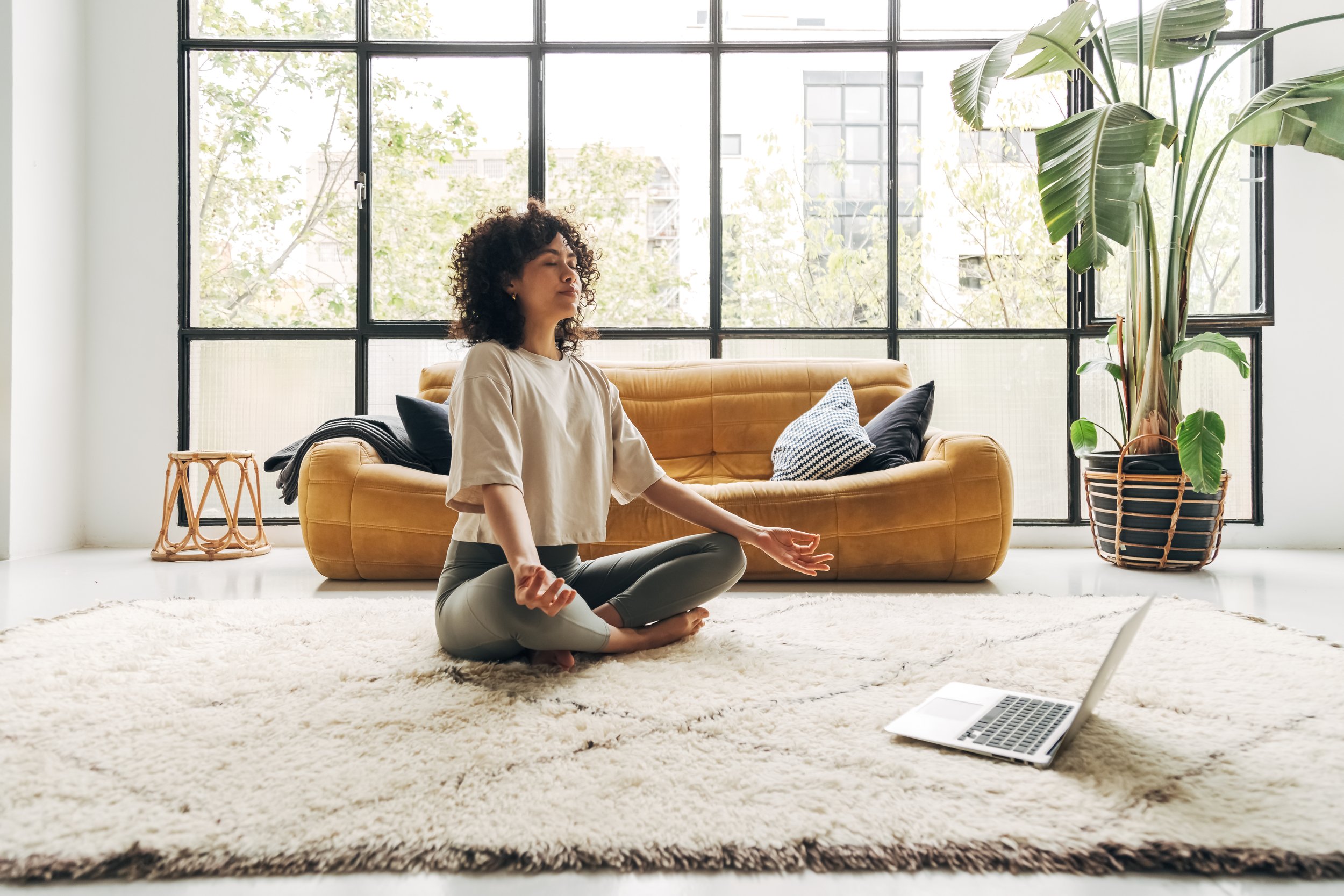therapy for anxiety
anxiety can feel like a lot.
But finding your way through it doesn’t have to be something you do alone
You might notice more and more of your day is taken up by worry — spinning thoughts about what’s next, replaying conversations, imagining worst-case scenarios. Maybe it feels like you're always bracing for something, trying to stay one step ahead so nothing catches you off guard.
It’s exhausting. And it makes sense that you’re tired.You might notice your body holding the tension — in your shoulders, jaw, or stomach. You might be waking up throughout the night, feeling restless, or having trouble winding down at all. Sometimes anxiety can leave you feeling on edge with others, frustrated with yourself, or like you're never quite doing enough — even when you're doing everything you can.If this sounds familiar, you’re not alone. Some common signs of anxiety include:
Restlessness or a constant feeling of being “on alert”
Panic attacks
Persistent worry or fear that’s hard to turn off
Mental and physical exhaustion or burnout
Feeling edgy, irritable, or quick to react
Physical symptoms like nausea, dizziness, overheating, or shortness of breath
Muscle tension or pain (especially in the jaw, back, neck, or frequent headaches)
Digestive issues, changes in appetite, bloating, or discomfort
Feeling disconnected, spaced out, or like you’re not fully in your body
Trouble falling asleep, staying asleep, or waking up often through the night
If you're feeling this way, it's not because you're broken — it's because your nervous system is doing its best to protect you. Together, we can work gently to understand what’s underneath the anxiety and create space for more calm, clarity, and connection in your life.
You’re not too much — you're just carrying too much.
Let’s lighten the load
what is therapy for anxiety?
anxiety shows up differently for everyone — so healing needs to be flexible, too
That’s why I draw from a variety of approaches, based on you: your needs, your pace, your story. Whether we’re gently rewiring anxious thoughts (CBT), learning to coexist with them (ACT), softening the inner critic (CFT), grounding in the body (somatic work and mindfulness), or building forward movement (solution-focused), our work will always be rooted in compassion, curiosity, and what feels most supportive for you.
You don’t have to figure this out alone — we’ll walk through it together.



